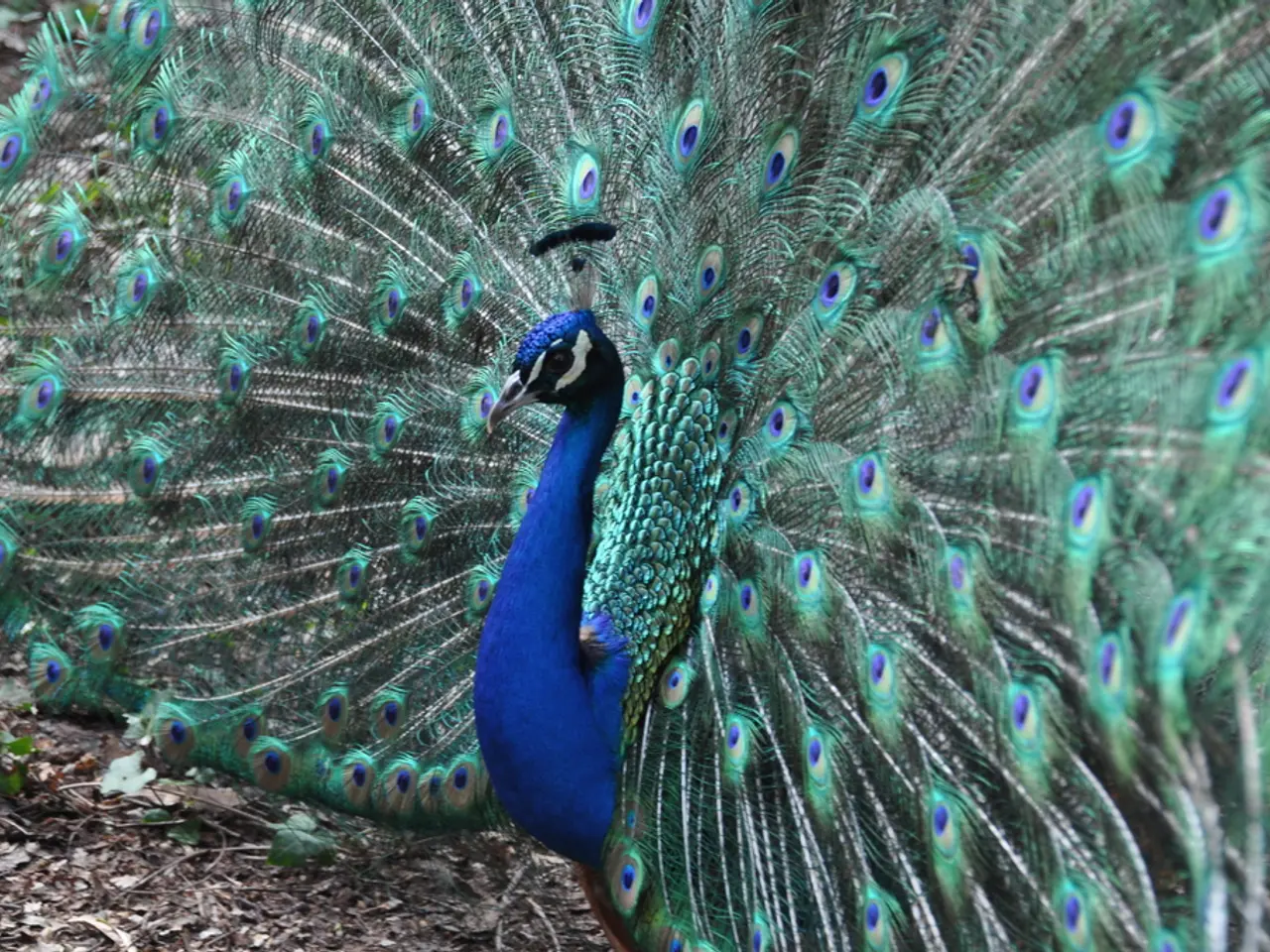Preparing Soil for Growing Green Peas: A Handbook
Expediting Pea Germination: A Comprehensive Guide
Planting peas can be a rewarding experience for gardeners, but ensuring successful germination is crucial. Here are some steps to help you achieve just that.
Soaking Pea Seeds
To expedite germination, soak pea seeds in room-temperature or lukewarm water for about 8 to 12 hours (usually overnight). This softens the seed coat, allowing faster water absorption and quicker sprouting. Avoid soaking for more than 24 hours to prevent seed rot or fermentation.
If your peas have a very hard seed coat, lightly scarifying (nicking or gently abrading) the seed coat with sandpaper or a nail file before soaking can further enhance water penetration, but this step is optional for peas since soaking alone often suffices.
Planting Preparation
After soaking, plant the swollen seeds promptly in moist soil. Some growers recommend not watering immediately after planting to prevent waterlogging and promote healthy root establishment.
Planting Peas
When planting peas, seeds should be placed about 1 inch deep in the soil and spaced about 2 inches apart. If you're planting in raised beds, amend topsoil with coarse sand and compost. For best results, plant rows of peas about 7 inches apart.
If you're planting in the ground, dig a trench and add compost to the bottom.
Post-Planting Care
Peas are light feeders compared to other plants but are heavy feeders compared to the crops that follow them. To support the plant's weight, hill some compost around the vine as the peas grow. After planting peas, continue to support them with compost by watering deeply and adding compost each week.
Adding mycorrhizae to the soil can stimulate root growth when planting peas.
Growing Conditions
Peas are a cool-season crop that can withstand frosts and light freezes. The soil temperature for planting peas should be at least 40°F (5°C) for germination. Green peas should be planted 4-6 weeks before the last spring frost.
It's important to mix in generous amounts of organic material such as compost or aged manure before planting. Continuous use of high-phosphorus fertilizer or high rates of manure or manure compost can lead to phosphorus buildup in the soil.
By following these steps, you'll be well on your way to a bountiful pea harvest. Remember, peas fix nitrogen in the soil, which benefits subsequent crops. Happy gardening!
[1] Gardening Know How [2] The Spruce [3] Garden Myths [4] Gardening Tips [5] Garden Guides
Incorporating gardening into your lifestyle, you might find joy in growing a home-and-garden favorite like peas. To nurture a thriving pea garden, follow these steps to ensure successful germination, appropriate planting, and continued growth.




